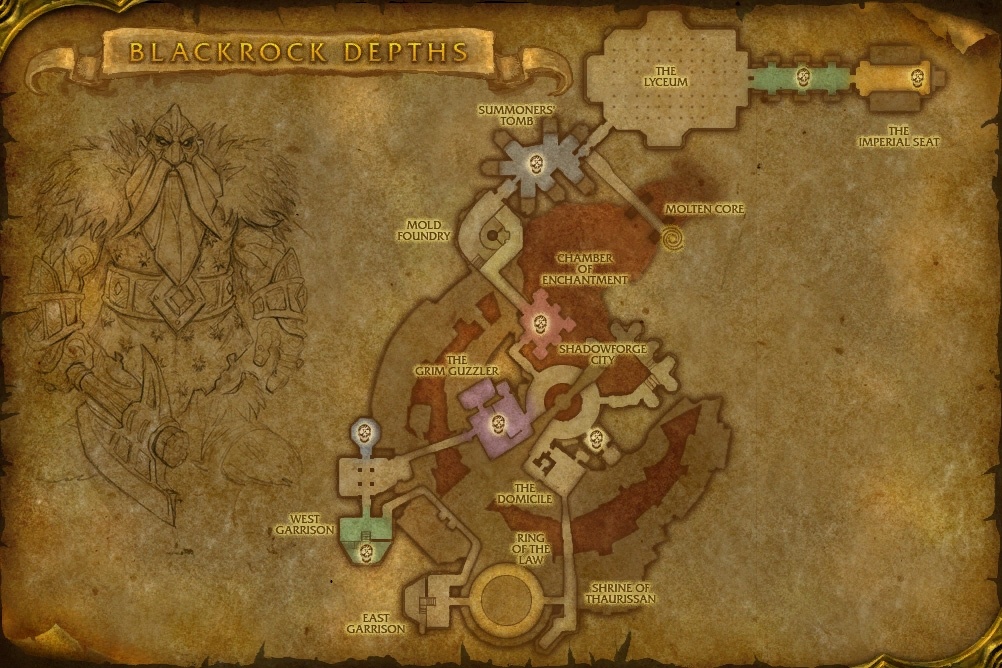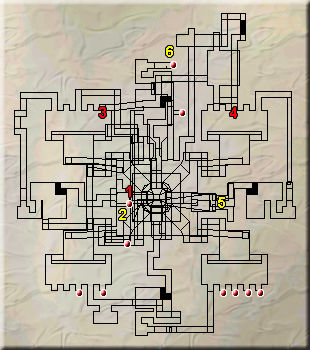I think it's like this:-
One way of fostering community in MMOs is by making the game just hard enough and opaque enough so that things go more smoothly if you team up with other players Teaming up with difficult stuff leads to buddy relationships forming, buddy relationships lead to regular teaming, regular teaming leads to guilds and such forming organically, and because of their organic origin they remain pretty solid throughout. Longevity of community is (IIRC from discussions on this) one of the main factors leading to longevity of MMO. I say "opaque enough" because originally with MMOS, part of the thing was also for the "Explorer" type (using the Bartle taxonomy) to learn the game's nooks and crannies, and then for them to be a source of information for other players - again, communication, interaction between players, being the key.
The thing about WoW was that it made the content easier to do solo. (It's funny saying this now, because out of the box WoW was still harder than any MMO since - it just wasn't as hard to get into as the previous generations.)
So the twofold problem has been that 1) the WoW-ification of MMOs has made content easier to solo, and 2) at the same time the internet has obviated the need for people to communicate in-game about the lore (in terms of what's what, where, how things are done, etc.). (I say "the internet" - ofc the internet was around in the days of early MMOs, but it wasn't as easy to find information as it is today, in those days even the internet had its own "opacity" to some extent, which has now almost totally disappeared.)
(The only MMO that ever got around the difficulty-is-good problem was City of Heroes, which had its own unique way of getting people teaming up and communicating with each other: the rewards for the instanced content were more lucrative when teamed than solo, and any quests you had auto-completed along with the team leader's, so people tended to team up, and community was fostered in that way. And again, City of Heroes had one of the best communities of any MMO. Also, instance difficulty was easily tunable on the fly by the team leader for their team, and there were a few other neat little synergies that fostered community. It's a shame no other development teams iterated on these ideas, although some of them did filter through to other MMOs, like sidekicking/mentoring, but probably too little too late.)
Going back to the Bartle taxonomy of Achievers, Explorers, Socializers and Player Killers - a taxonomy that had been developed in the iteration of massively multiplayer online gaming in the form of text-based MUDs and MOOs, that came before graphics-based MMORPGs as we know them:- there's no reason for Explorers to hang around in MMOs beyond just playing through everything once. There's no reason for Achievers to communicate with other players to get to know where the best stuff is, and what the best things to do are (they can get that info on the internet). There's no reason for Player Killers to hang around in MMOs that strictly divide their servers, and it's no fun for them if there's nobody to prey on - while at the same time, an MMO without any risk for PvE players at all, beyond what's provided by the devs gets boring in the end. And because little community forms, there's no need for Socializers to stick around either.
Also, there's the problem that one's first MMO is a stunning, never to be repeated, cherry-popping experience. And once everyone's played one MMO, then we've all had that experience, and there's no other MMO we can get it from.

















